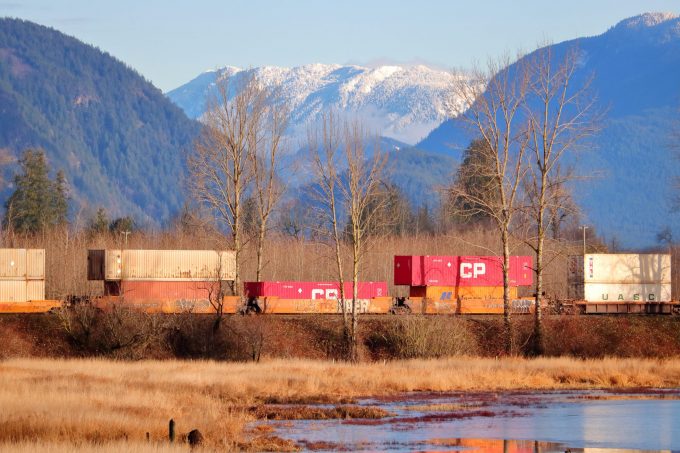Canadian government steps in to end rail strike and force arbitration
The Canadian government has stepped in to end the rail strike that only started yesterday. Amid ...

As the clock ticks down to a shutdown of the Canadian rail freight network tomorrow, forwarders are scrambling to keep cargo moving – but they find themselves hamstrung by a toxic cocktail of disruption.
Unless a last-minute resolution can be reached in the contract dispute between the Teamsters union and railways Canadian National (CN) and Canadian Pacific Kansas City (CPKC), the country’s rail freight operations will grind to a halt.
Since the union announced the industrial ...
Freightmate 'a product of theft, not ingenuity' says Flexport
Ceva Logistics UK named and shamed as a 'serial late-payer'
China hits out at Hutchison plan to sell Panama port holdings to MSC
Liners plan more rate hikes to halt renewed container spot rates decline
Mercedes-Benz places record order for SAF with DB Schenker
TPM: Forwarders need 'clout' to survive as the ocean carriers move in
White House can't see that trade war will hit US agriculture hardest

Comment on this article